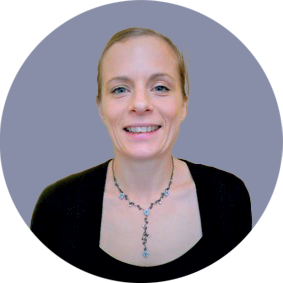Join our FREE November Webinars!
Enhance your Lab's results with this Month's Webinar Series!

Join all webinars and receive a certificate of completion.
We look forward to seeing you then!
To register for free, simply complete the registration form.
Register and attend a webinar to receive a special offer!
Overview of Webinars
Thursday, November 16th
11:00 AM SGT
Thursday, November 30th
11:00 AM SGT
Method Robustness and Transferability for Modern Size-Exclusion Methods
Optimizing PFAS Analysis via Draft Method 1633 Using a Stacked SPE Format
Speaker: Helen Whitby, PhD Senior Product Manager – Bioseparations, Phenomenex
Speaker: Philip Bassignani Senior Director of Research and Development, Alpha Analytical
& Richard Jack - Global Market Development Manager, Food and Environmental, Phenomenex
Key Learning Points:
- Understand the impact of HPLC/UHPLC systems, including bio-inert and traditional stainless-steel configurations
- Learn how to transition from a legacy SEC method to improve analytical method throughput and data quality
- Determine the experimental parameters to vary to ensure demonstration of analytical method robustness
Key Learning Points:
- Learn options for SPE phases for PFAS extraction from water and soil samples.
- Utilize acceptable options for EPA 1633 as a guidance method.
- Understand how to optimize time and cost for sample preparation.
Who Should Attend:
- Any scientists who are looking to learn more about method parameters and variables to consider for developing a robust and transferable method.
Presentation Abstract:
- This webinar will present data and discuss EPA Draft Method 1633 compliant options to simplify sample clean up and increase sample throughput for PFAS analysis.
Meet Our Speakers


Helen Whitby, PhD
Senior Product Manager – Bioseparations, Phenomenex
Philip Bassignani
Senior Director of Research and Development, Alpha Analytical
&
Richard Jack
Global Market Development Manager, Food and Environmental, Phenomenex
Dr. Helen Whitby is the senior product manager for biopharma at Phenomenex. Helen has been with Phenomenex since 2007, starting in the UK sales team as a bulk and prep specialist before joining the technical team in 2016. Helen spent 6 years as a biopharma specialist in the technical team supporting all our biopharma products globally before moving to product management in 2022. Helen has a PhD from the University of Manchester working on analogues of Shikimic acid to treat malaria. Prior to joining Phenomenex, Helen spent a year as a Post-doctoral researcher at the University of Illinois in Chicago, where she studied electron-deficient divalent reactive intermediates, specifically nitrenium ions for the development of antiviral agents to treat Ebola.
Philip Bassignani is the Director of Technical Operations with Alpha Analytical and he has over 25 years of environmental analytical and method development experience, working on a wide range of projects. Philip serves as the laboratory’s emerging contaminants and HRMS technical specialist, with a strong emphasis on PFAS extraction and analytical method development.
Richard F. Jack, Ph.D. Richard is the Global Market Development manager for the environmental and food markets at Phenomenex corporation. He has over 18 yrs. experience with chromatography and mass spectrometry for the environmental, semiconductor, chemical, and pharmaceutical industries. Richard is a former EPA Scientific Advisor for the EPA’s panel on Hydraulic Fracturing, a coauthor for EPA 557 and 557.1 along with ASTM D8001 and updates to D4327 and D6919 methods. He is currently the Second Vice Chairman for the ASTM D19 subcommittee on water analysis. Richard received his Ph.D. in biochemistry and anaerobic microbiology from Virginia Tech University and Master’s in ecology from the University of Tennessee.


